Back to School with…One Planet Port - Session #3
ARCHITECTURE FOR TRANSITION OF GLOBAL TRADE
Session #2 of Archtiecture for Transition of Global Trade on a sustainable and just future for the port of Rotterdam, with Lucy Gilliam (Seas at Risk), Matthew Langdon (ECF), Michelle Prins (Natuur en Milieu) & Inge Janse. Tuesday 26 March 19:00 – 21:00.
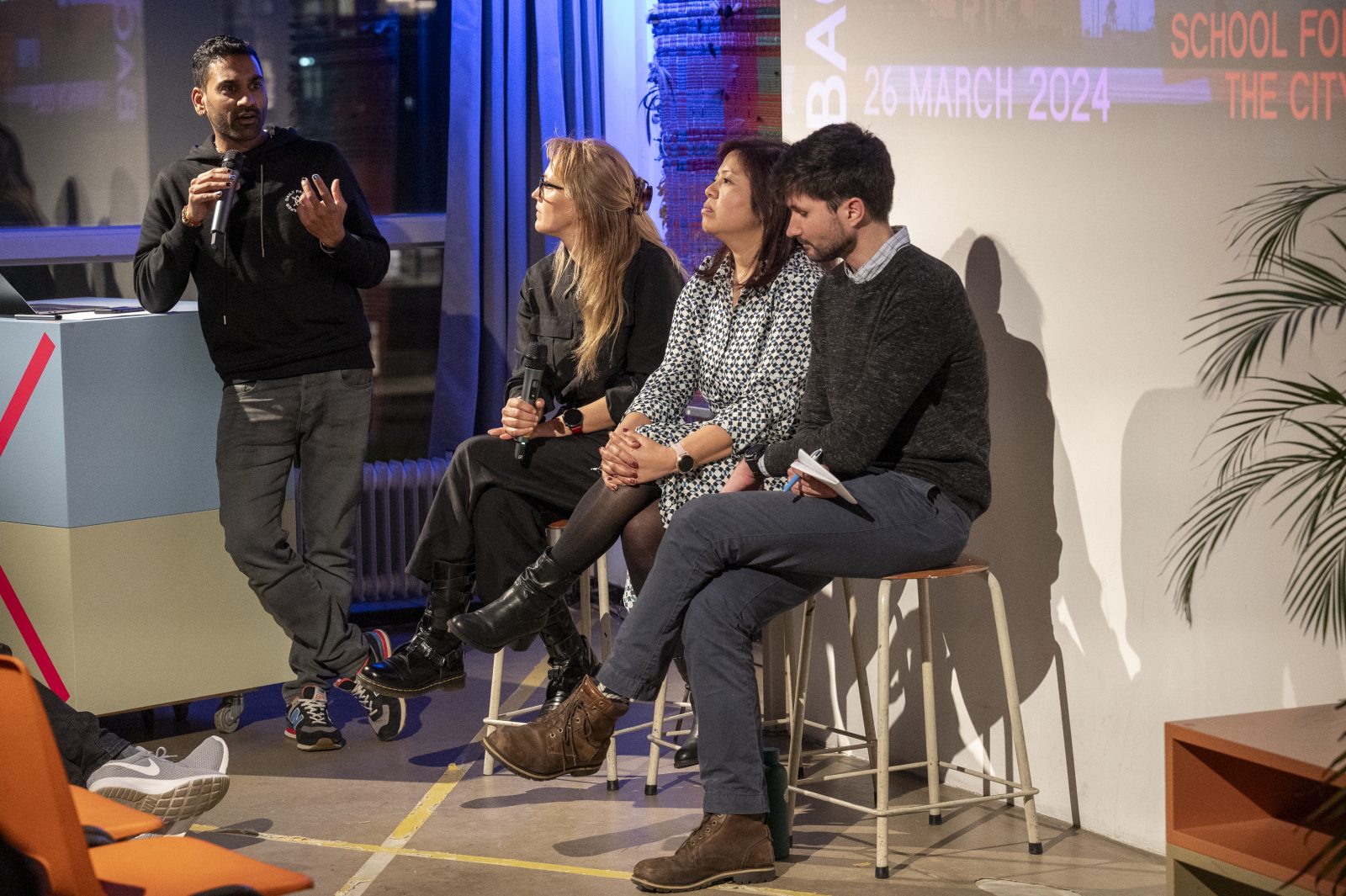
In the final session, we focused on the future of the port. With Matthew Langdon from ECF Trade Programme we dived into the trade perspective. With Lucy Gilliam from Seas at Risk we looked at the future international transport and the impact it has and will have. And finally with Michelle Prins we investigated the transitioning towards a fossil-free port of Rotterdam.
Sessione #3 - Towards a Sustainable and Circular Port
This evening delved into envisioning the port from a planetary perspective, transcending vested interests and profit-driven paradigms. We scrutinized the potentialities, pondering how shipping, trade, and industry can embody sustainability.
We explored innovative strategies to revolutionise shipping towards greener horizons. In the realm of trade, we scrutinised not only the volumes involved but also the evolving nature of transported goods, intricately intertwined with the uptake of renewable energy and the circular economy. As for industry, we investigated the transitioning towards a fossil-free Rotterdam industry, discerning which sectors must adapt, persist, or emerge anew to align with climate goals.
Speakers for the evening were Lynn Vanheule of One Planet Port with a brief introduction, Lucy Gilliam (Seas at Risk) and Matthew Langdon (ECF) and Michelle Prins (Natuur en Milieu). Finally, Inge Janse closed again the session.
Architecture for Transition of Global Trade
The port of Rotterdam holds a pivotal role in steering the momentum of change toward a sustainable global trade and transportation system. As crucial nodes in this transformation, ports serve as meeting points for global, regional, and local supply chains, facilitating the exchange of energy and materials. While these ports and their associated industries are deemed essential for the national and global economy, they are uniquely susceptible to the impacts of climate change. Despite the recognition of the imperative to align with climate targets and adhere to planetary boundaries, the pace of change has fallen short of what is dictated by these limits. This underscores the necessity for a cohesive and systemic approach to address ports, advocating for a just and equitable transition that confronts global inequities and builds local people power.
About One Planet Port
One Planet port is a new NGO in Rotterdam. We are on a quest to accelerate the ecological transition in the port of Rotterdam, underscoring its significance as a catalyst for change in global trade and transportation. What happens in Rotterdam is on the radar of all other significant ports. An apparent small change in Rotterdam can trigger widespread effects worldwide. We are rooted in the grassroots movement. We are targeting the Port of Rotterdam and the local and national government (owning and governing the Port of Rotterdam). Our mission is to transform the port of Rotterdam to operate within all planetary boundaries and to safeguard the well-being of current and future generations. We operate with our motto Making the unseen seen.
About Lucy Gilliam
Lucy is an environmental science and policy specialist with over 20 years’ experience developing science-based policy and campaigns focused on international transport, ocean governance and ecosystem-based management. Lucy is responsible for Seas at Risk’s work on shipping and system change, the Arctic, and EU shipping advocacy.
Programme
18:00 – 19:00 Doors open and dinner served
19:00 – 19:10 Welcome
19:10 – 19:20 Introduction by One Planet Port
19:20 – 19:45 Lecture by Matthew Langdon (ECF) + Q&A
19:45 – 20:10 Lecture by Lucy Gilliam (Seas at Risk) + Q&A
20:10 – 20:35 Lecture by Michelle Prins (Natuur en Milieu) + Q&A
20:35 – 20:40 Closing by Inge Janse
20:40 – 21:00 Closing remarks and Q&A
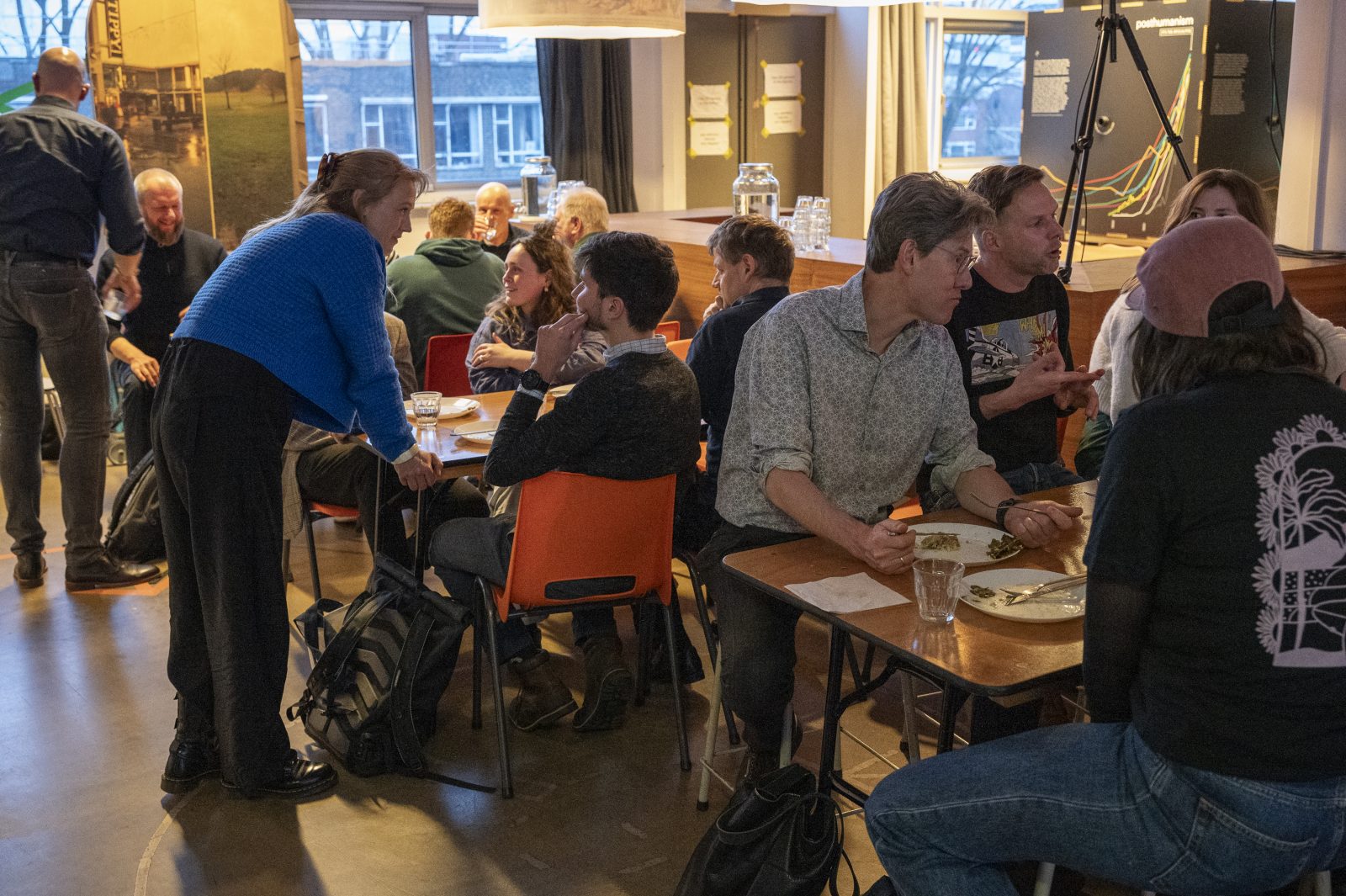
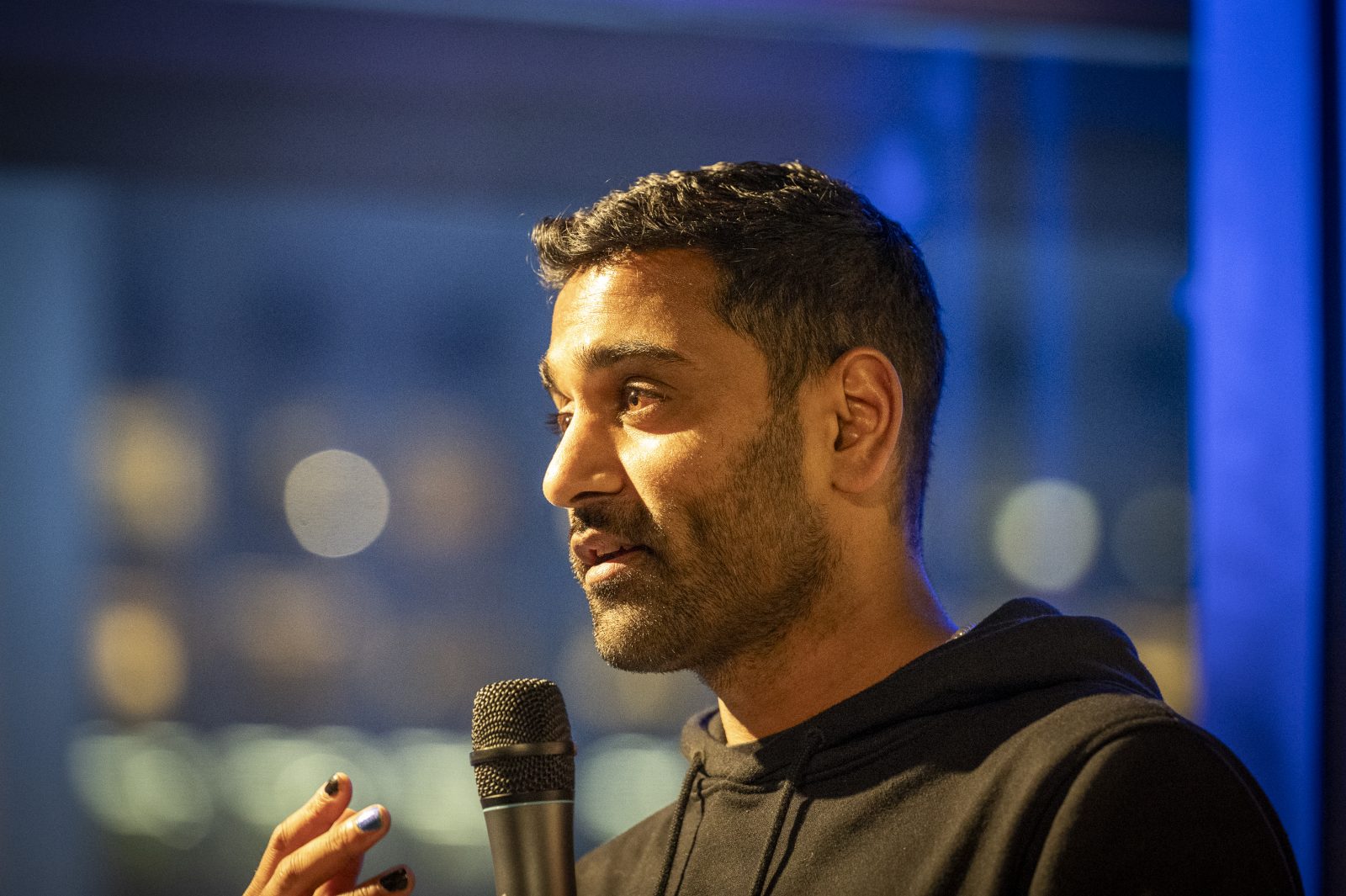
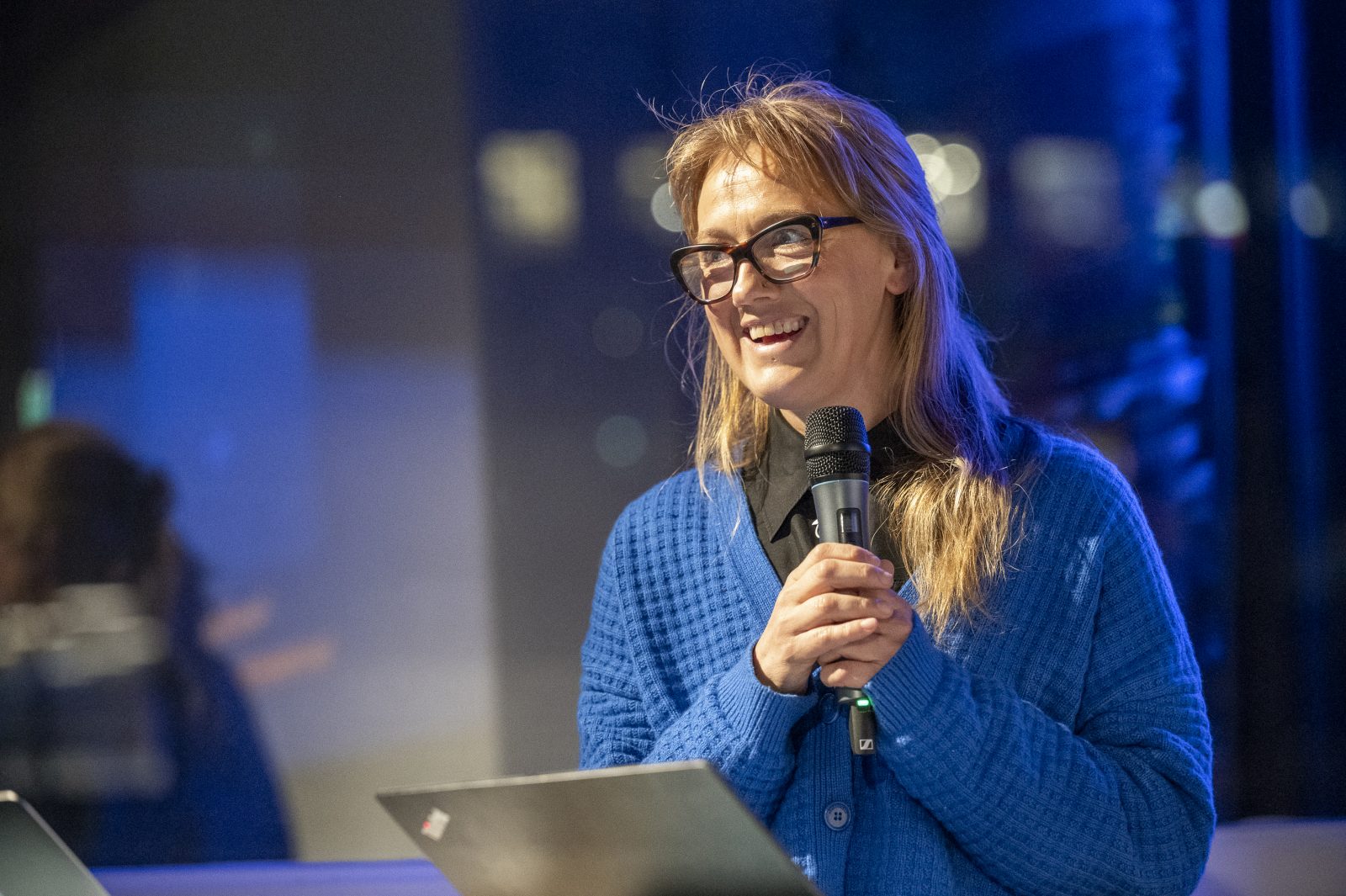
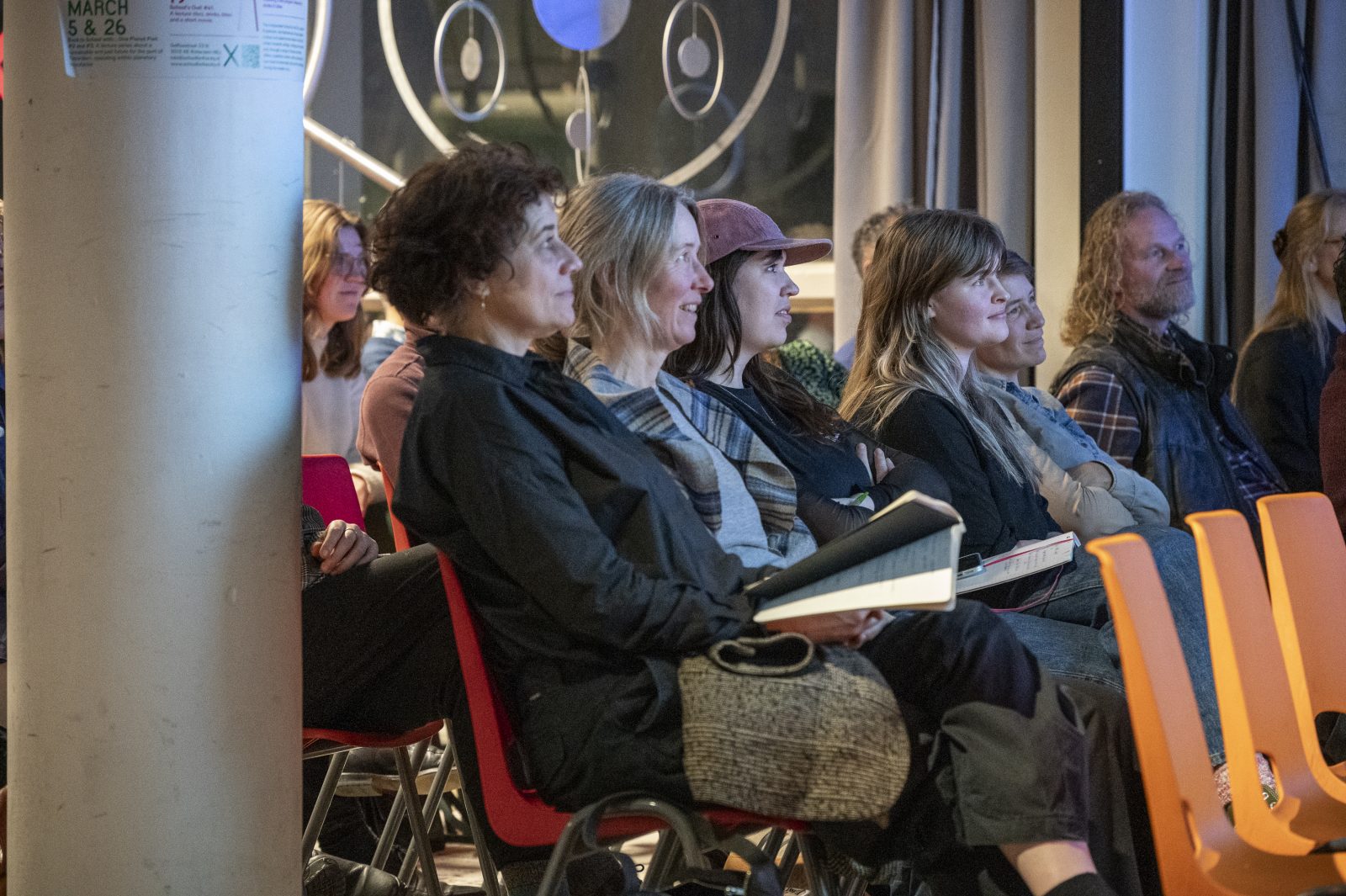

About Matthew Langdon
Matthew is an Associate in the ECF Trade Programme and has worked on the topic of trade and sustainability for more than six years. Prior to joining the ECF, Matthew managed studies on an EU Carbon Border Adjustment Mechanism (CBAM), trade implementation and impact assessments, and has consulted on several projects funded by the European Commission on trade and customs. At the ECF, Matthew has worked extensively on strategic foresight and initiatives to align international trade with the Paris Agreement.
About Michelle Prins
Michelle Prins has been working for 15 years in sustainability, climate policy advocacy and industrial decarbonization in both the commercial as the non-profit sector. In the recent 7 years she is proud to work with Natuur & Milieu as a program lead on industrial transformation, with a broad network of governments, companies and NGOs, on a local and international level, advocating for effective climate action to tackle the biggest challenge of our time: climate change. She represented the environmental NGO coalition at the industry table during the negotiations of the Climate Agreement. She holds a Master’s degrees in Science & Innovation Management and Sustainable Development at the Copernicus Institute at Utrecht University.
About Inge Janse
Inge Janse is an investigative journalist, columnist and presenter. He works for the national news medium Algemeen Dagblad.